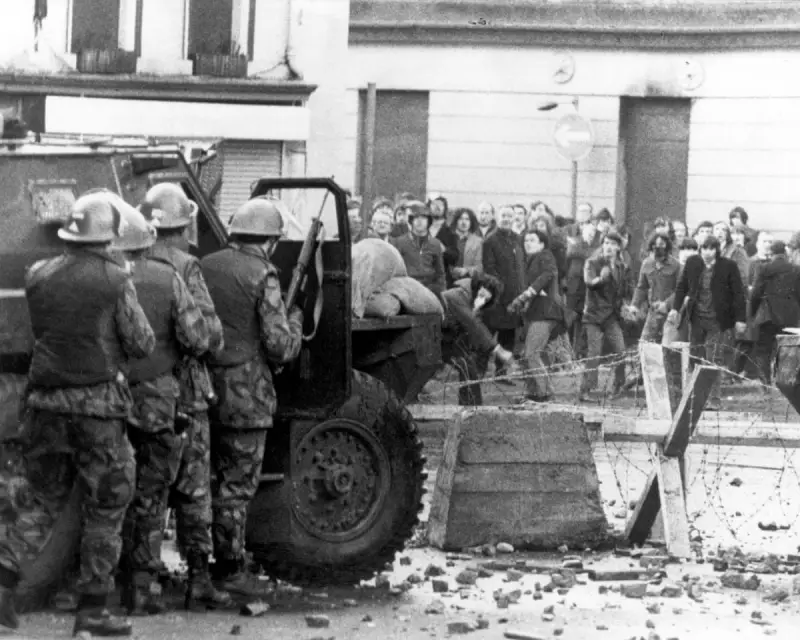
In a landmark ruling that concludes one of Northern Ireland's longest-running legal battles, a former British soldier has been found not guilty of murdering two men during the Bloody Sunday shootings in Derry.
The veteran, identified only as Soldier F throughout the proceedings, stood trial at Belfast Crown Court charged with the murders of James Wray and William McKinney, who were among 13 civilians killed when British soldiers opened fire during a civil rights march on January 30, 1972.
A Trial Five Decades in the Making
The verdict brings to a close a legal process that spanned generations, with families of the victims waiting over half a century to see the case reach court. The trial represented one of the most significant prosecutions related to the Troubles in Northern Ireland.
Mr Justice O'Hara delivered the ruling, stating the evidence presented was insufficient to prove the soldier's guilt beyond reasonable doubt. The court heard extensive testimony about the chaotic circumstances of that day, when paratroopers confronted protesters in the Bogside area of Derry.
Mixed Reactions from Derry
Outside the courthouse, reactions reflected the deep divisions that still surround the events of Bloody Sunday. While some expressed relief at the verdict, family members of the victims voiced profound disappointment, describing the outcome as another injustice in their long quest for accountability.
"Today's decision will be incredibly difficult for the families to accept," said a spokesperson for the Bloody Sunday Trust. "They have fought for decades to establish the truth about what happened to their loved ones."
The Legacy of Bloody Sunday
The Bloody Sunday shootings represented one of the darkest chapters of the Northern Ireland conflict, dramatically escalating tensions and boosting support for republican paramilitary groups. A 2010 government inquiry concluded that all those shot were unarmed and that the soldiers' actions were "unjustified and unjustifiable."
This trial, focusing specifically on Soldier F's actions, examined whether individual criminal responsibility could be established for specific deaths amid the general chaos of that day.
The verdict leaves unanswered questions about accountability for one of the most controversial incidents in modern British history, while bringing legal closure to a case that has haunted Northern Ireland for 53 years.





